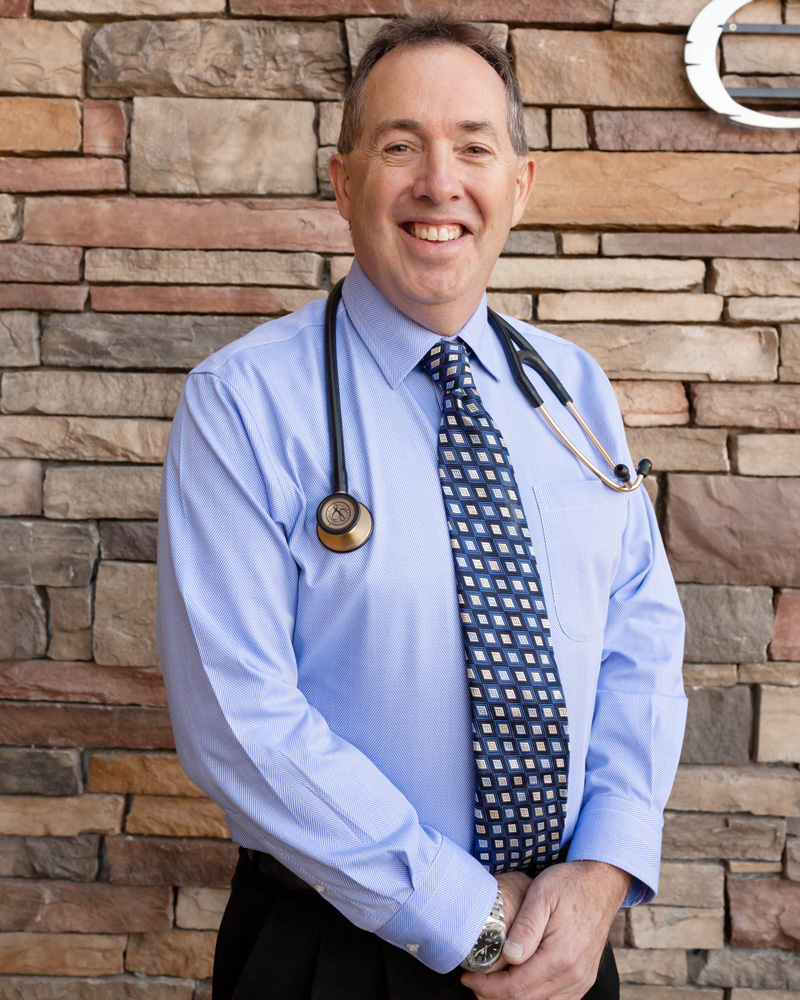Most experts agree unfortunately that COVID -19 is here to stay in some form. We know that the most effective way to prevent illness from the coronavirus is to be vaccinated. However, not all people can or are willing to get vaccinated. The next best defense against the Coronavirus and other viruses is to be healthy. So, let’s explore some ways to get healthy so if we contract the virus, we can fight it off effectively and easily.
SLEEP
After a physically active day, your body and mind need sleep to rejuvenate itself. Sleep powers the mind restores the body’s energy and fortifies virtually every system in the body. So how much sleep do we really need to reap these benefits? The National Sleep Foundation advises that healthy adults need between 7and 9 hours of sleep and children and teens need even more depending on their age. People over the age of 65 should get between 7 and 8 hours of sleep. Here are some examples of how sleep affects your body and mind.
1. Short sleep duration is associated with increased
risk of weight gain and obesity in both children and
adults.
2. Poor sleep affects hormones that regulate appetite.
Those who get adequate sleep tend to eat fewer
calories than those who don’t.
3. Good sleep can maximize problem-solving skills
and enhance memory. Poor sleep has been shown
to impair brain function in both children and adults.
4. Adequate sleep has been shown to improve many
aspects of physical performance.
5. Sleeping less than 7-8 hours per night is linked to an
increased risk of heart disease and stroke.
6. Poor sleeping patterns are strongly linked to
depression.
7. Getting at least 8 hours of sleep can improve
immune function and help the body fight against
Covid-19 and other viruses.
8. Sleep loss is known to activate inflammation and
cell damage in the body.
9. Sleep deprivation may reduce your social skills and
ability to recognize people’s emotions.
As the coronavirus pandemic enters its second year, stress and anxiety are leaving many people struggling to get sufficient, quality sleep. We need to counteract this with improved sleep hygiene that both boosts the quantity and quality of sleep. Try these tips.
1. Keep a consistent sleep schedule. Get up at the
same time every day, even on weekends and
vacations.
2. Set a bedtime that is early enough for you to get at
least 7 hours of sleep.
3. Don’t go to bed unless you are sleepy.
4. If you don’t fall asleep after 20 minutes, get out of
bed.
5. Establish a relaxing bedtime routine.
6. Use your bed only for sleep and sex.
7. Make your bedroom quiet and relaxing. Keep the
room at a comfortable cool temperature.
68 degrees.
8. Limit exposure to bright light in the evenings.
9. Turn off electronic devices at least 30 minutes before bedtime.
10. Don’t eat a large meal before bedtime. Limit eating and drinking 3 hours prior to sleep.
11. Avoid consuming caffeine in the late afternoon and evening.
12. Avoid consuming alcohol before bedtime.
13. Reduce your fluid intake before bedtime. Choose a
mattress that is supportive and comfortable and outfit it with a quality thin pillow and bedding.
If you have a chronic insomnia disorder which up to 10% of the adult population may have, then sleep tips alone are unlikely to be enough to help you solve this problem. I would then recommend you seeing your provider to discuss being seen for cognitive behavioral therapy (CBT). CBT has been found to be the most effective treatment for chronic insomnia. Medication is always the last resort.
 close
closeThe Kalispel Tribe owns and operates more than a dozen businesses and enterprises in and around the Pend Oreille area.
We believe in building a strong community and our economic development opportunites emphasize our commitment to the land and people.



